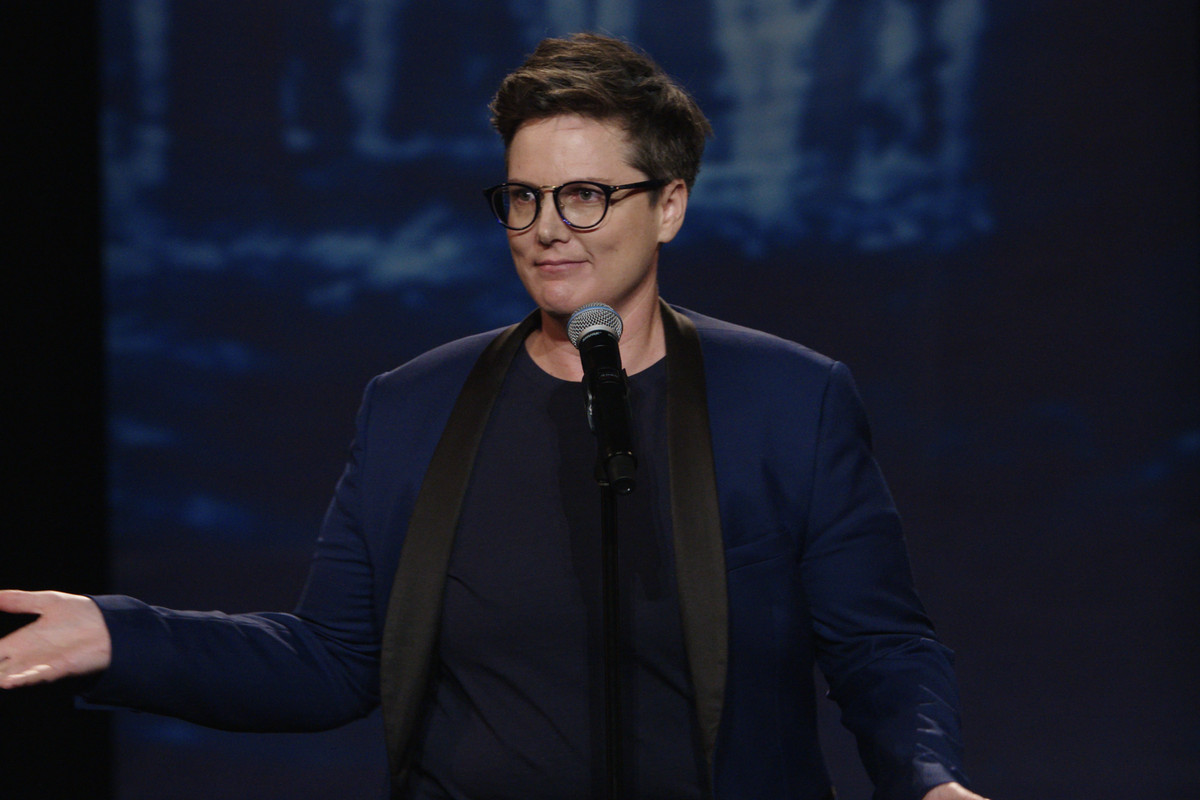Nanette is at its core a discourse on comedy. That is not to say it is an academic manual, but more a careful dissection of the art form. Beginning as a traditional comedy show, Hannah Gadsby tells tale of her youth as a queer person in Tasmania, a country where homosexuality was illegal until 1997. Even then, the decriminalising only passed the Tasmania Legislative Council by one vote. Gadsby jokes that this is far too recent. She is right. As the show wears on, we are privy to Gadsby’s signature dry self depreciation which made her a star in Australia. Tales of her moving to more progressive Australia, the trials of being Lesbian but not ‘brightly feathered’ (as Jim Morrison put it) and some of the more disquieting consequences of being queer.
It was on a visit to her sister in Adelaide in 2006 when Gadsby entered Raw Comedy in 2006, progressing through the heats to win the national prize. As the winner, she was sent to the So You Think You’re Funny competition at the Edinburgh Festival Fringe, where she won second prize. From that point on, she performed numerous stand-up shows at festivals around Australia, such as the Adelaide Fringe, Melbourne International Comedy Festival and Sydney Comedy Festival. Wikipedia
But what really makes Nanette stand out is the social commentary it espouses. Usually in stand-up comedy, this is hinted at in succinct anecdotes or throw away remarks (à la Quentin Crisp). Hannah Gadsby dedicated the latter portion of her Netflix special directly addressing several pervasive and uncomfortable issues within the queer community, Fine Art and comedy as a whole. This is at once harrowing, deeply saddening and undeniable.
Netflix’s advertisement for this programme states “behind every joke, there is a story”. Nobody encapsulates this more frankly than Hannah Gadsby. Watching Nanette was nothing short of a revelatory emotional rollercoaster. I challenge you not to be moved.

